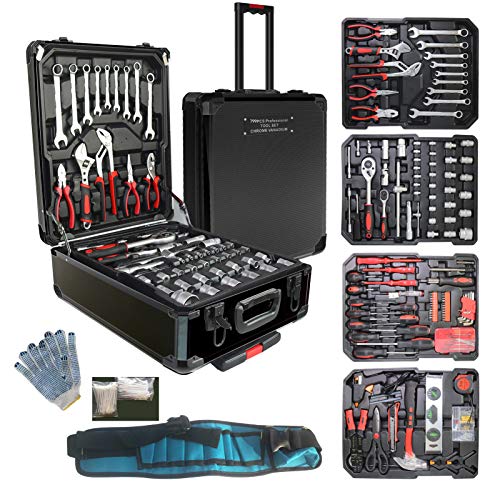Not only did James and Haydee Charles provide overnight shelter, they raised nearly $35,000 to secure a more stable living situation for more than two dozen homeless families and individuals through their organization, HALO Now, (Helping and Leading Others Now).
There is no mention of HOWA. I wonder if they see HOWA as part of the problem (by encouraging vandwelling) and not part of the solution (for those who want to be nomads).
Caitlin Frumerie, executive director of the Rhode Island Coalition for the Homeless, says the state has more than double the number of people experiencing homelessness than last year, some of whom have moved into their vehicles. Though more safe parking lots are popping up in Colorado and Wisconsin, Frumerie has not been able to persuade a single business to open its parking lot at night so dislocated residents have a safe and legal place to stay. Retrieving their impounded vehicles has become a line item in her budget.
Does "homelessness than last year, some of whom have moved into their vehicles" sound like someone who would support vandwelling? Living in a vehicle that does not run is different than being able to travel according to one's wishes in a van, RV, schoolie, etc.










































































